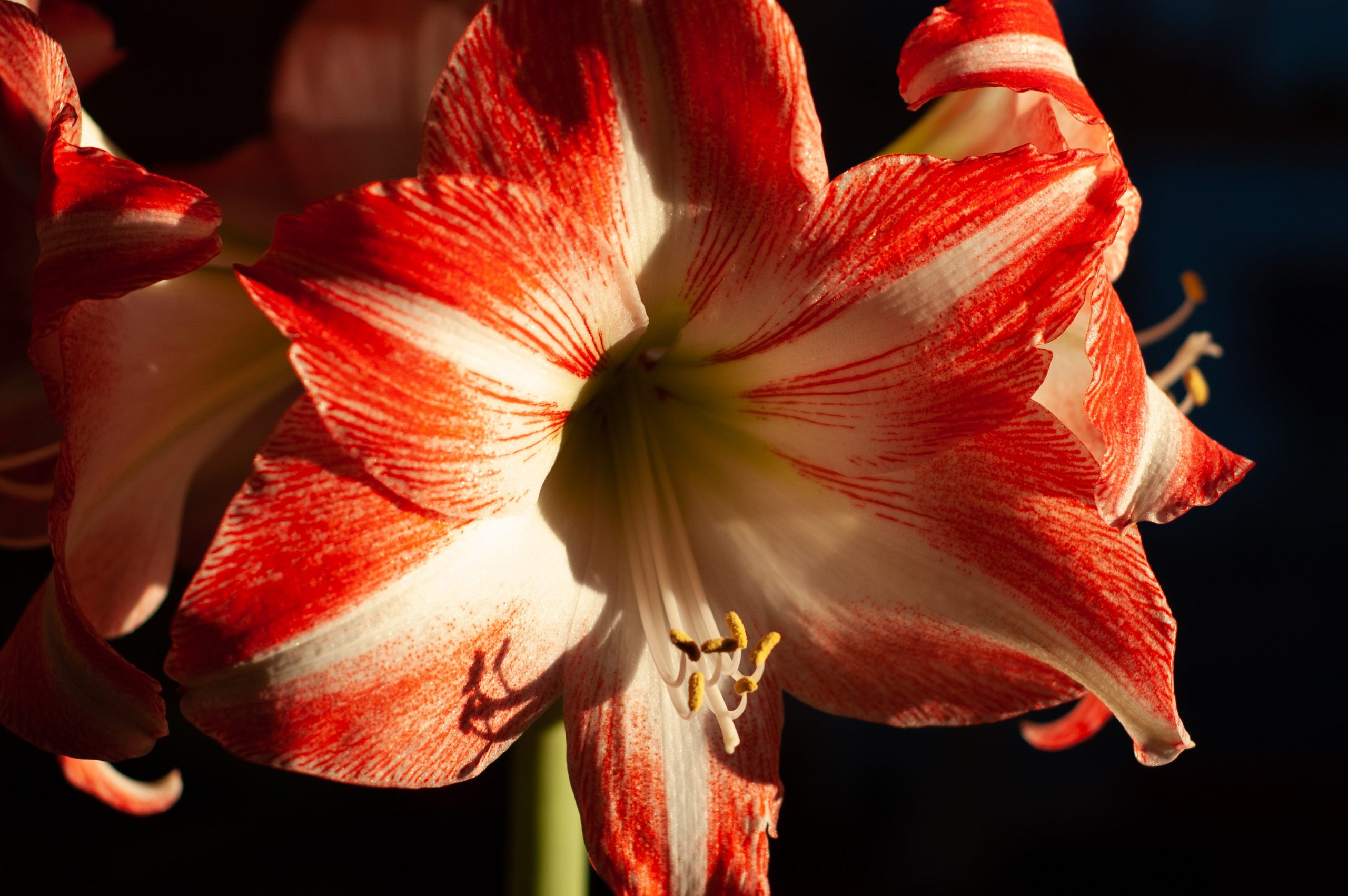
It's been a while since we talked about boundaries. Barb N brings her own perspective and experience to this conversation.
Barb hit a co-dependent bottom at the age of 52, although at that time she had never heard of the word co-dependent! She was trying to help out a homeless man, and invited him to stay for a little while in her home during a snowstorm, and then for another reason, and, as she says “by a few months later, he was practically living with me and I felt trapped in my home.” She clearly had no boundaries.
She started going to CODA (co-dependents anonymous). She was visiting a friend, and they couldn't find a CODA meeting, so her friend suggested ACA (Adult Children of Alcoholics and Dysfunctional Families). At that meeting, she heard the “laundry list” for the first time — the 14 characteristics of an adult child. She immediately identified with 7 of those, and “was blown away.” She now says, “I actually have 13 of those. I was in such denial.”
Barb has a podcast, titled “Fragmented to Whole”, because, she says, “for me, the process of recovery … has been the integration of all of those fragments into one coherent whole.” And being whole, she now has solid boundaries — which really was not possible when her life was so fragmented.
She distinguishes two types of boundaries, which she calls boundaries of self-containment, and boundaries of self-protection.
A boundary of self containment is something that you need to contain or stop doing. And what I've figured out over time is that there's two kinds of boundaries of self containment. Many of boundaries of self containment only affect me. Nobody else ever even needs to know about them.
For example, when I put a boundary of self containment around my negative self-talk, nobody else needs to know that's happening. It's a boundary for me.
But then there are other boundaries of self containment that affect me and other people. Gossiping is a good example. That was one of my worst defects of character, which I was shocked to learn.
Setting a boundary of self-containment on gossiping does need to be communicated to others. They need to know that I am no longer engaging in that behavior. Even though I am setting the boundary on my own behavior, it still affects the others around me.
Boundaries of self-protection … are the things that I need to protect myself from the outside world, often other people, but it could also be environments like, going into toxic environments or situations.
[I like this] Chinese proverb, “It's easier to put slippers on your feet than to carpet the world.” What that means is the world has sharp, jagged edges and wouldn't it be nice to carpet the entire world so that I could walk around on a nice cushy earth? Well, that's ridiculous, right? So instead, it's a lot easier to just get slippers and put them on my feet?
[A] boundary of self protection is, what is it that you need to do to cushion yourself from the world? … I think the number one myth I hear from people about boundaries is they think, when I get boundaries, I'm gonna be able to control other people. I'm gonna be able to get people to stop doing the things they're doing that I don't want them to do.
That's a thing that doesn't happen.
There's a lot more in the episode, including Barb's 3 tools of recovery: 4 ways of keeping the focus on herself; reaching out; and pausing.
Readings and Links
Barb read “the solution” from the ACA “Red Book”. It can also be read online.
Her podcast is Fragmented to Whole, Life Lessons from 12-Step Recovery.
Feedback
Please call us at 734-707-8795, or email feedback@therecovery.show with your questions or experience, strength and hope. Or just leave a comment right here.
Thank you for this episode. I have been feeling like I’m losing my sense of self and am a major people pleaser. I relate to the idea that I let others or other issues get into my cracks making me not whole… I’m working on my self worth and have really been struggling. Thank you for your podcast. Sometimes the episode just speaks directly to me and I so appreciate it. All the best.